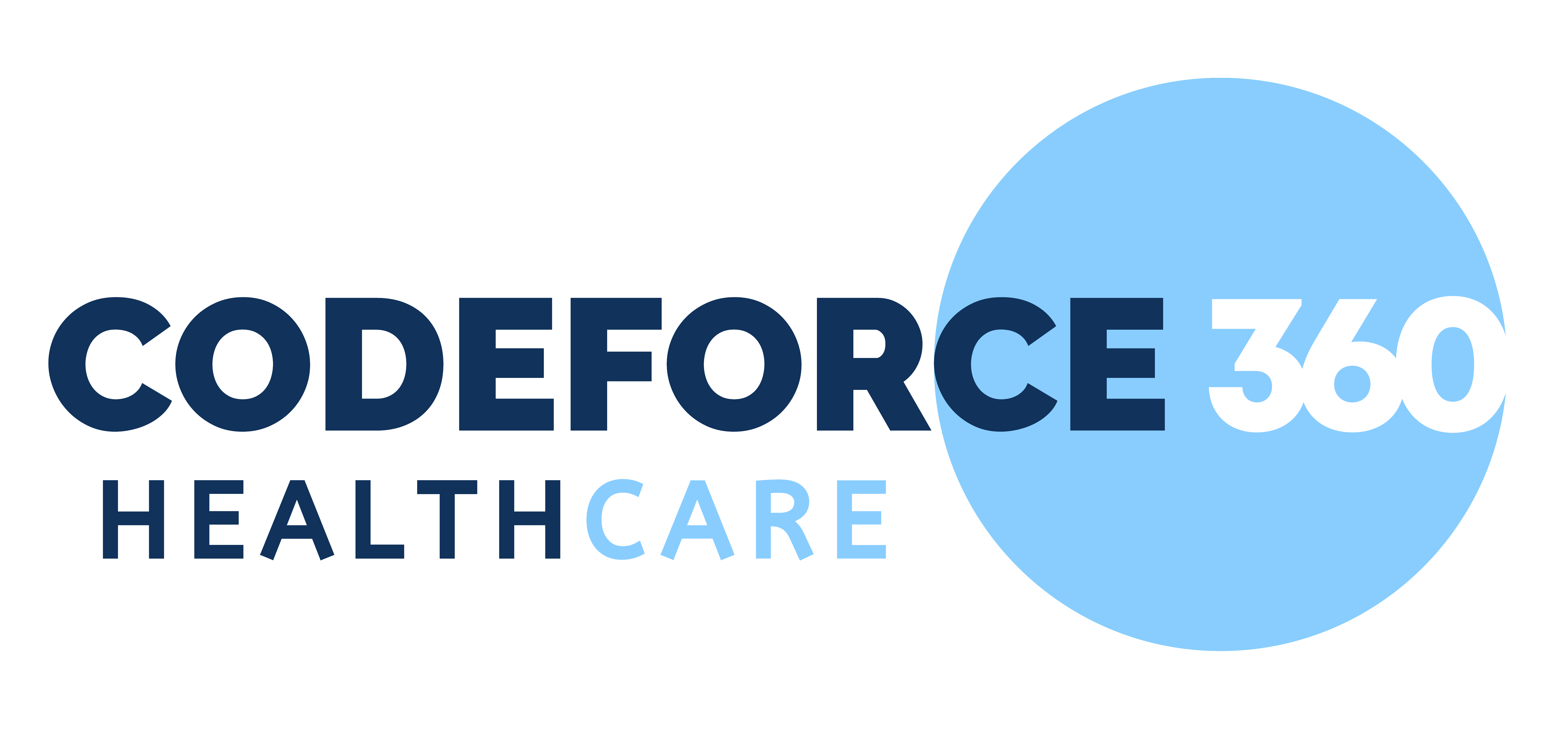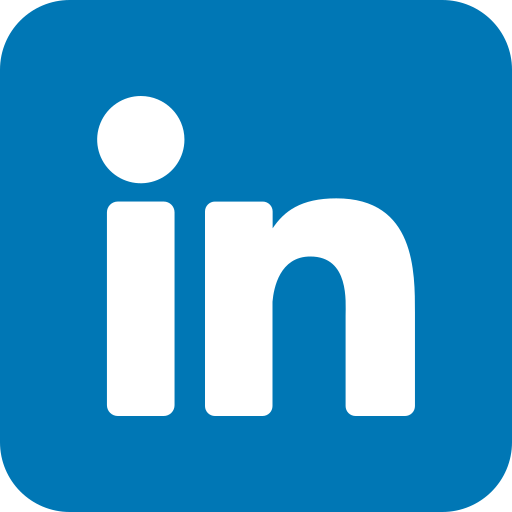
Healthcare IT Staffing: A significant process of recruiting professionals with the expertise to work and handle the complete healthcare IT infrastructure. It includes recruiting network engineers, database administrators, software developers, and cybersecurity experts to implement, upgrade and maintain the IT infrastructure in healthcare. This process set enables healthcare IT systems to be robust, secure, and capable of meeting patient care’s complex demands and achieving long-term success.
Significance of Healthcare IT Staffing
It’s a critical component of the healthcare industry, as it plays a significant role in ensuring that healthcare organizations can effectively use technology to improve patient care, streamline operations, and meet regulatory requirements.
Supporting Innovation: It supports innovation within healthcare organizations by helping identify and implement new technologies and solutions to improve patient care and reduce costs. By implementing, they can help drive better outcomes for patients and the healthcare industry.
Improving Patient Care: Health IT staffing ensures healthcare organizations have the right IT professionals to manage patient data, electronic medical records (EMRs), and other critical systems. They help to ensure that patient data is accurate, secure, and easily accessible, which can help to improve patient care and outcomes.
Streamlining Operations: Healthcare IT Staff can help to streamline operations by automating tasks, reducing manual processes, and improving workflow efficiency. Making it a whole process can help improve staff productivity, reduce costs, and improve patient satisfaction.
Role of Technology in Improving Patient Care
Technology is vital in the healthcare industry and has significantly improved patient care.
EHR: Electronic health records (EHRs) provide healthcare providers access to patient information, allowing for more efficient and accurate care.
Wearable Technology: Medical devices such as wearable technology and remote monitoring devices allow healthcare providers to monitor patients in real time, improving patient outcomes and reducing the risk of complications.
AI: Artificial intelligence and machine learning give access to healthcare providers to analyze patient data and identify patterns, leading to more accurate diagnoses and personalized treatment plans.
As technology advances, healthcare providers should embrace these innovations to provide the best possible care for their patients. Technology integration in healthcare has revolutionized how healthcare providers deliver care and has led to better patient outcomes.
It ensures that healthcare providers have the necessary support to manage and maintain complex healthcare technology systems. In turn, providers can deliver better patient care with faster access to patient information, more accurate diagnoses, and personalized treatment plans. Conversely, a lack of qualified IT professionals can result in system downtime, data breaches, and delays in patient care.
- IT staff can provide technical support to ensure healthcare technology systems run smoothly and efficiently, leading to a faster access to patient information and more accurate diagnoses
- They can also help healthcare providers adopt new technologies that significantly improve patient care while reducing costs
- By ensuring that healthcare technology systems run smoothly, IT staff can improve the efficiency and quality of patient care, leading to better patient outcomes and increased patient satisfaction
The demand for healthcare technology systems is rapidly increasing with the integration of new technologies such as artificial intelligence and machine learning. The role of IT staff in healthcare is becoming even more critical. As a result, healthcare organizations will likely prioritize hiring qualified and experienced IT staff to manage and maintain their technology systems, ensuring compliance with regulations and improving patient care.
Conclusion
Healthcare IT staffing is crucial in improving patient care and helps providers maintain and manage healthcare technology systems, as healthcare it recruiting firms will continue to play a significant role in crafting future healthcare delivery. By harnessing the potential of new technologies and innovative approaches, health IT staffing will enable healthcare providers to deliver cutting-edge services, enhance operational efficiency, and achieve long-term success.

Excellence Through Recruitment
Global Headquarters
3970 Old Milton Parkway,
Suite #200, Alpharetta, GA 30005
India Delivery Center
5th Floor, Sri Durga Towers,
Above UCO Bank, Road No 10,
Banjara Hills, Hyderabad-500034
Telangana, India.

Excellence Through Recruitment
Quick Links
Global headquarters
3970 Old Milton Parkway,
Suite #200, Alpharetta, GA 30005
India Delivery Center
5th Floor, Sri Durga Towers,
Above UCO Bank, Road No 10,
Banjara Hills, Hyderabad-500034
Telangana, India.
Stay in Touch








